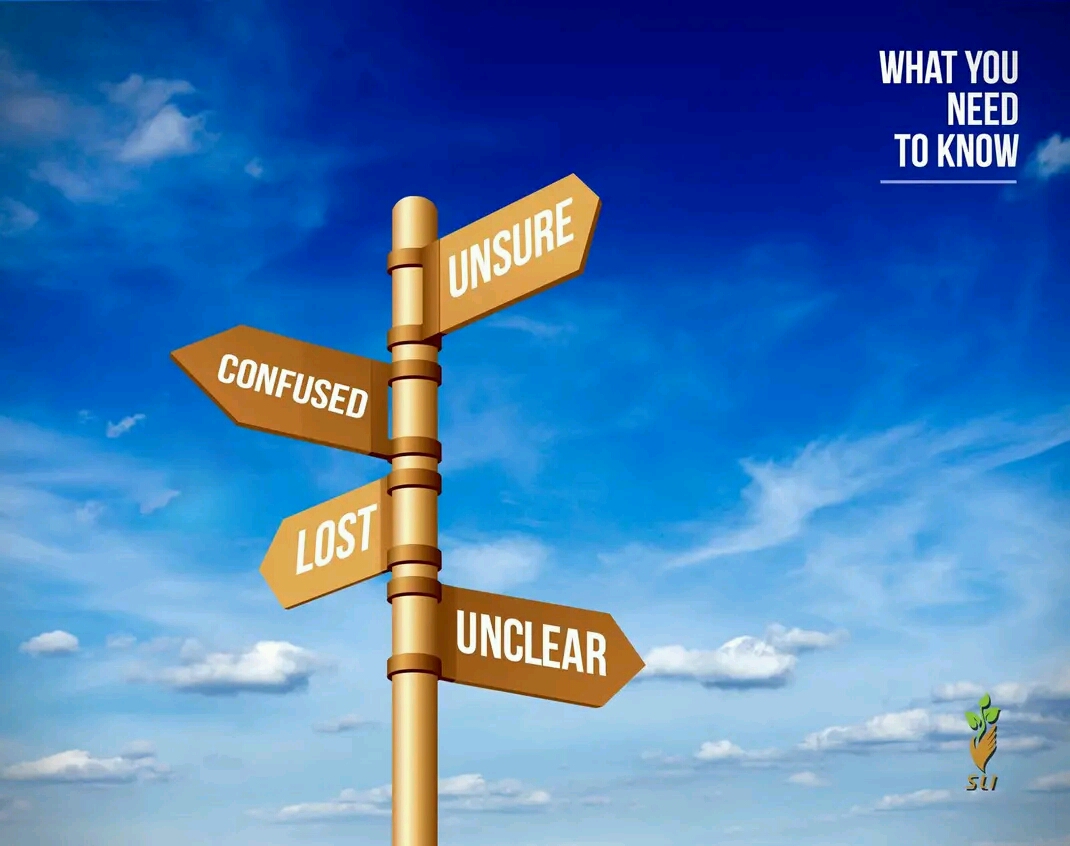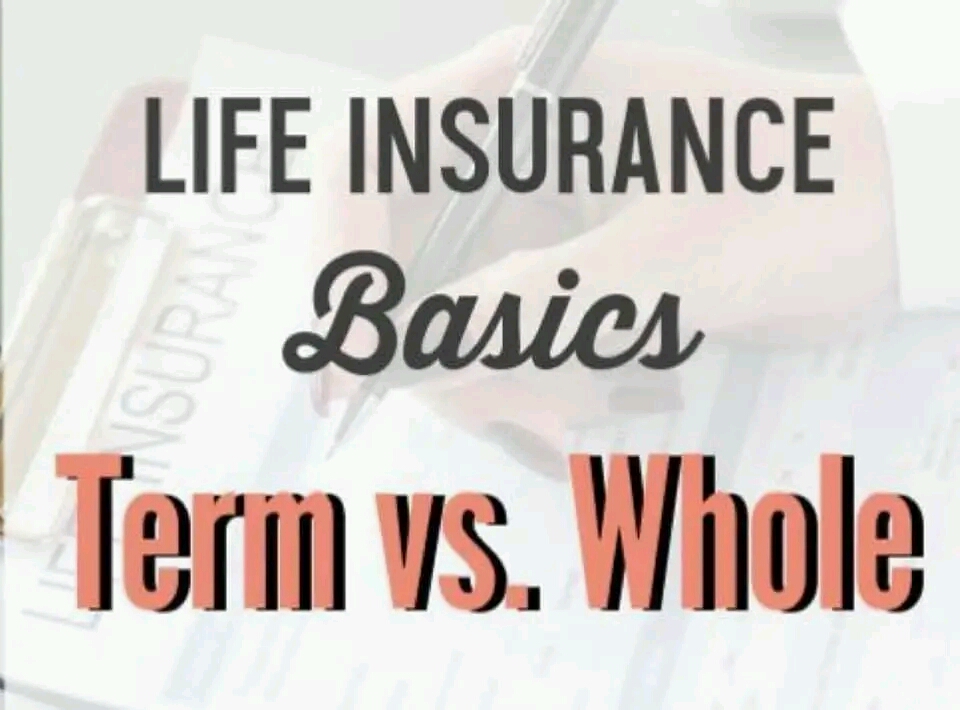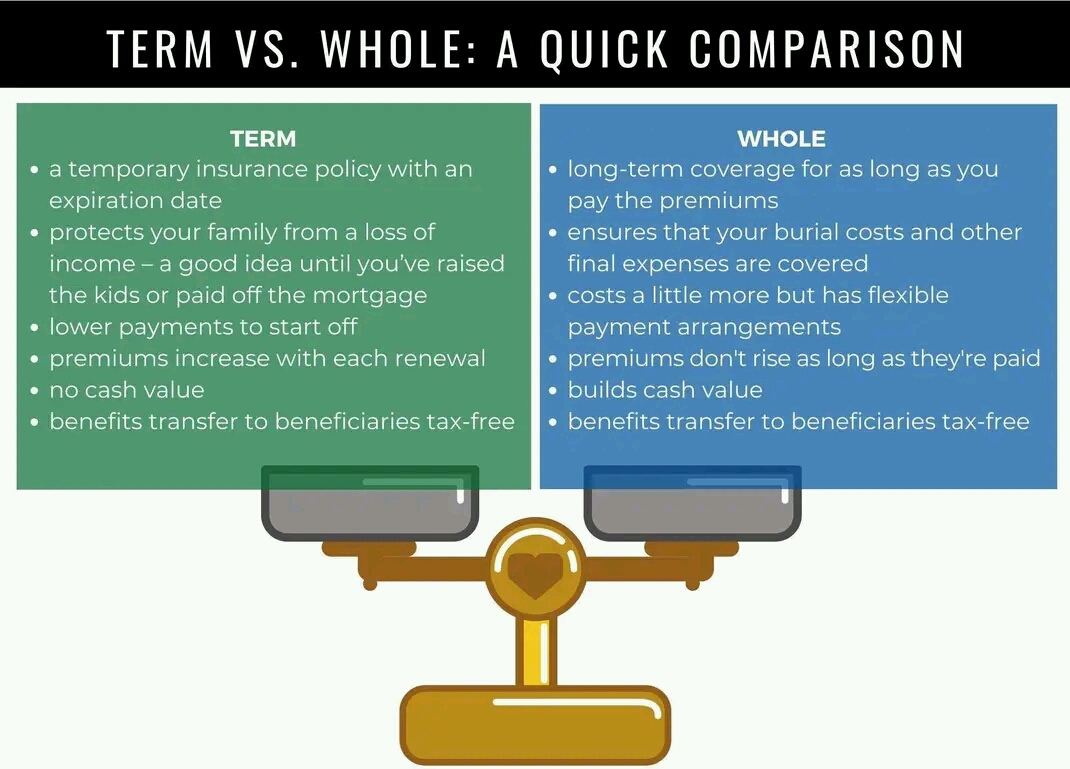Term Insurance or Cash Value Life Insurance?

Term Insurance or Cash Value Life Insurance?
There are three common types of life insurance. Term, Whole and Universal.
When it comes to Term these only last a certain number of years, and are affordable for most people.
Whole life will last a entire lifetime, and usually include a cash value component, hence, the term Cash Value Life Insurance.
One of the biggest areas of confusion for individuals I have worked with is the difference between a term life insurance policy and that of a (whole) cash value life insurance policy. I’ll do my best to sum the two up

Both policy types work exactly how they sound; term life insurance is in place for a predetermined term at a set price and whole life insurance is in place for the duration of your life. The biggest difference is that the amount you pay with whole life insurance will remain the same throughout your life, whereas term life insurance will increase as you go up in age.
But why would I need a policy review when I’m already in a policy that I’m happy with?
Most clients are not licensed in life insurance. Therefore, they do not know the difference between Term, Whole, and Universal policies.
Terms have a time and a place.
Universals are a thing of the past. Most people do not realize their cost of insurance goes up every year. And they are not losing their cash value. When a cash value hits zero, the policy lapses. And they no longer have a policy.
A whole life insurance policy also has the ability to gain “cash value” meaning that the money you pay into the policy will then begin to accumulate. This money is then accessible to you and your family and can be withdrawn if desired. A term life insurance policy does not do that. The monthly amount you pay gains no value and you will only see the return on that money in the event that you die.
Term life insurance provides protection for a specific period of time (the term). It’s a great option when you need protection for a specific amount of time–for instance, until your kids graduate from college or your mortgage is paid off. Term life insurance typically offers the most amount of coverage for the lowest initial premium. This makes this type of life insurance policy a good choice for those on a tighter budget.
Permanent life insurance provides lifelong protection for as long as you pay the premiums. It also accumulates cash value on a tax-deferred basis, which you can tap into to buy a home, supplement your retirement income, cover an emergency expense and more. Because of these additional benefits, initial premiums are higher than what you’d pay for a term life insurance policy with the same amount of coverage.

Term Life Coverage
A type of insurance coverage that lasts for only a specified period of time and has a defined ending date.
Term insurance plans offer financial security for the entire family in case of the unfortunate death of the policyholder. Also, you can get optional coverage for critical illnesses or accidental death. You are covered for a long duration, while the premiums are affordable.
A term life insurance policy is the simplest, purest form of life insurance: You pay a premium for a period of time typically between 10 and 30 years and if you die during that time a cash benefit is paid to your family (or anyone else you name as your beneficiary). The money can be used to help pay for things like a mortgage, education costs of children or their everyday expense.
Term life insurance offer more affordable premium as compared to whole life insurance. Whole Life insurance plans offer maturity values subject to payment of all due premiums of the policy, however, pure term plans do not give any returns. Surrender value: If you surrender a term plan, your life cover ceases.
With a term policy, underlying illnesses would raise your premiums, as well as your age. That said, if your term policy had a conversion option, you might be able to turn it into a whole life policy. But that will cost more.
Who Should Buy Term Insurance? parents, young workers, newly-weds, working women, retirees, self employed. Get a term life insurance policy to; to protect your family, protect your assets, cope with new lifestyle risks.
The right time to buy a term insurance plan is as soon as you can. The chances of getting lifestyle diseases increase as you age, and so do insurance costs. When you invest in a term plan at a young age, you get an insurance policy at an affordable premium.
Hence, it may be advised to invest in term life insurance when you are young. This will save a lot of money in the long run. Moreover, it will also provide you and your loved ones with extended coverage and financial security from an early age.
CASH VALUE LIFE INAURANCE
“cash value life insurance is one of the worst financial products available”. – Dave Ramsey
The truth is, no matter what type of cash value insurance you have, be it whole life, universal life or variable life, Dave’s statement is accurate.
The reason they are marketed, is due to the high level of commissions and corporate profits they generate, not because they are a healthy financial decision for consumers.
A healthy financial decision is to buy term insurance at a fraction of what you would pay for other types of life insurance, and invest the difference you are saving. (Die too soon, the family is fine. Live a long time, you become wealthy)

TIPS ABOUT WHOLE LIFE (CASH VALUE LIFE INSURANCE):
1. YOU HAVE TO BORROW YOUR OWN MONEY (NOT THEIRS)
2. THEY CHARGE YOU 8% INTEREST COMPOUNDED DAILY
3. THEY KEEP THE FIRST 3-5 YEARS OR MORE OF YOUR CASH
4. PAYS LESS THAN 3% INTEREST AFTER 20+ YEARS OF LOSS
5. YOU CAN NOT BORROW THE FACE AMOUNT
6. ASK THE AGENT “WHAT’S MY ACTUAL COST OF INSURANCE
7. IT’S 30%-80% HIGHER PREMIUMS THAN TERM LIFE
8. WHEN YOU DIE, THEY KEEP 100% OF YOUR CASH VALUE
9. WHY DO I HAVE TO GIVE THE COMPANY (EXAMPLE: $10,000 OF MY AFTER TAXED INCOME) TO ONLY TURN AROUND AND BORROW THE SAME MONEY AND PAY THE INSURANCE COMPANY INTEREST ON MY OWN MONEY.
ANSWER: BUY A LEVEL TERM FROM INSURANCE COMPANY AND INVEST IN A SEPARATE ACCOUNT WITH AN INVESTMENT FIRM. NEVER DO BOTH ON THE SAME CONTRACT!

CONCLUSION
I know you don’t want to hear this but LISTEN UP you’ll thank me later.
Buying Life Insurance for your dependents is the most SELFLESS act a responsible parent can make.
However, buying Life Insurance as an “investment” is the most SELFISH act because you jeopardized the death benefit that goes to your heirs/dependents.
REMEMBER WHEN YOU DIE THE INSURANCE COMPANY KEEPS YOUR CASH VALUE AND ONLY PAYS THE FACE AMOUNT.
Knowing this, you should only BUY LEVEL TERM which is 30%-60% less and INVEST THE DIFFERENCE in a separate account with a separate investment firm.
SEE ALSO : How Much Term Life Insurance Should I Own
NEVER MIX INSURANCE WITH INVESTMENT ON THE SAME CONTRACT OR YOU WILL LOSE 100% OF THE TIME REGARDLESS OF HOW ITS STRUCTURED.
Comments are closed.